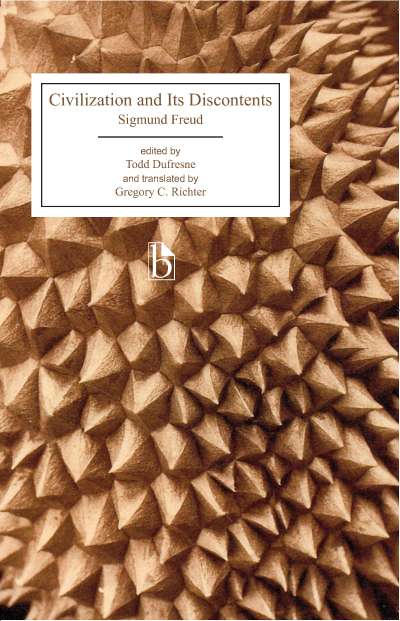Philosophy, Psychology, and Literature
Showing all 17 resultsSorted by latest
-
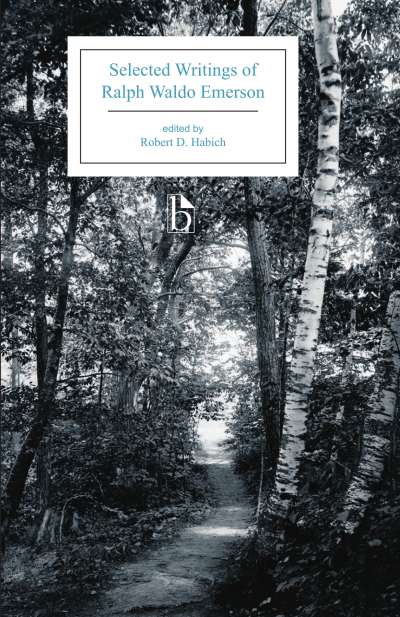
Selected Writings of Ralph Waldo Emerson
Essayist, lecturer, poet, and America’s first “public intellectual,” Ralph Waldo Emerson (1803–82) is the central figure in nineteenth-century American letters and the leader (albeit reluctantly)…
-
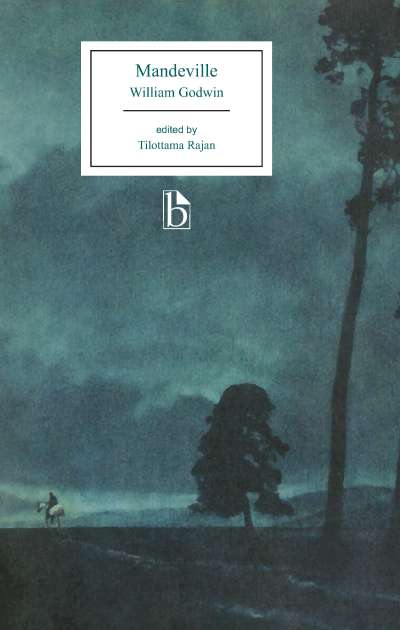
Mandeville
William Godwin’s Mandeville was described as his best novel by Percy Shelley, who sent a copy to Lord Byron, and it was immediately recognized by…
-
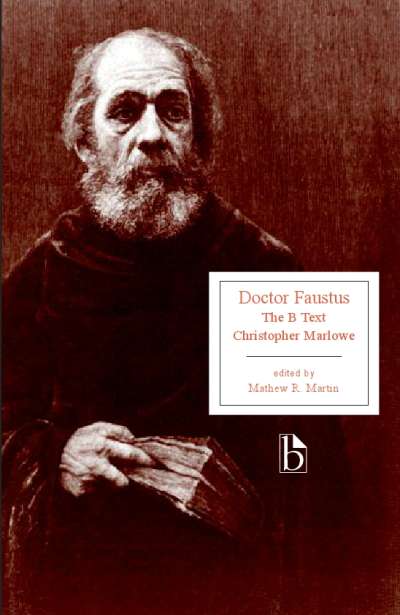
Doctor Faustus: The B Text
Doctor Faustus is one of early modern English drama’s most fascinating characters, and Doctor Faustus one of its most problematic plays. Selling his soul to…
-
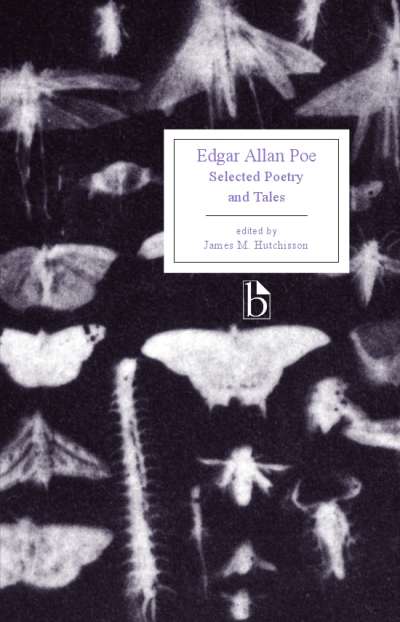
Edgar Allan Poe: Selected Poetry and Tales
Edgar Allan Poe’s stories and poems are among the most haunting and indelible in American literature, but critics for decades persisted in seeing Poe as…
-
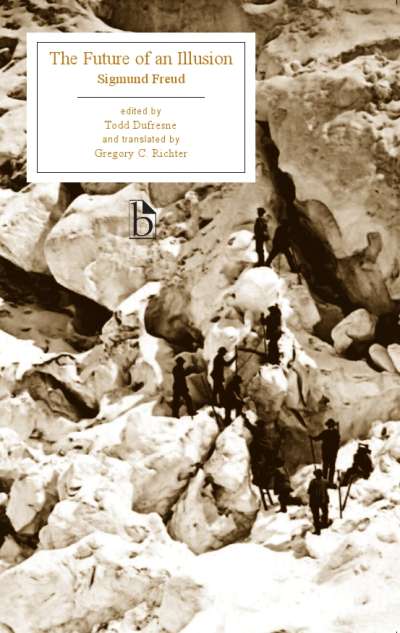
The Future of an Illusion
Sigmund Freud, the founder of psychoanalysis, declared that religion is a universal obsessional neurosis in his famous work of 1927, The Future of an Illusion.…
-
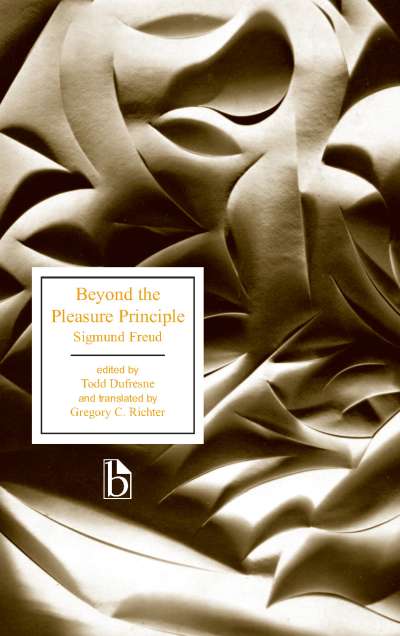
Beyond the Pleasure Principle
Beyond the Pleasure Principle is Freud’s most philosophical and speculative work, exploring profound questions of life and death, pleasure and pain. In it Freud introduces…
-
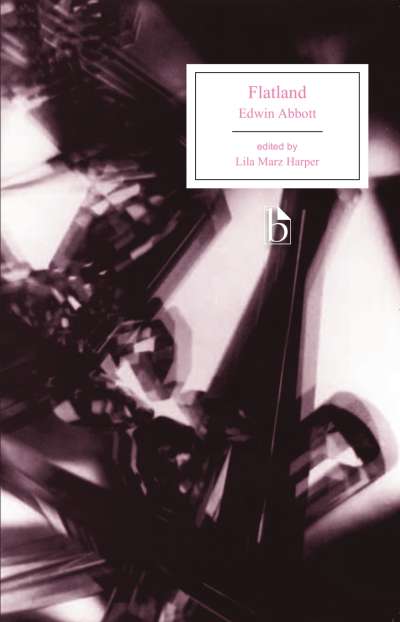
Flatland
Flatland (1884) is an influential mathematical fantasy that simultaneously provides an introduction to non-Euclidean geometry and a satire on the Victorian class structure, issues of…
-
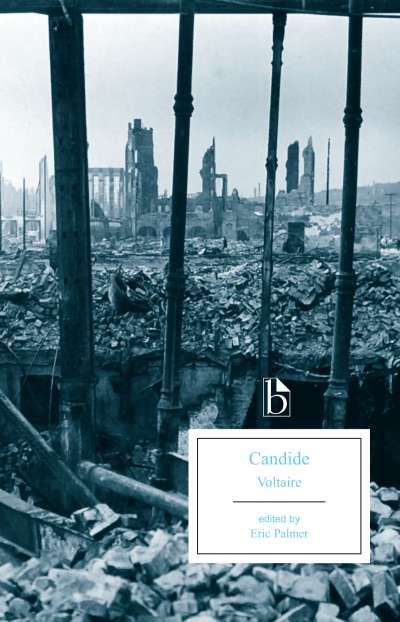
Candide
The philosophical problem of evil—that a supposedly good God could allow terrible human suffering—troubled the minds of eighteenth-century thinkers as it troubles us today. Voltaire’s…
-
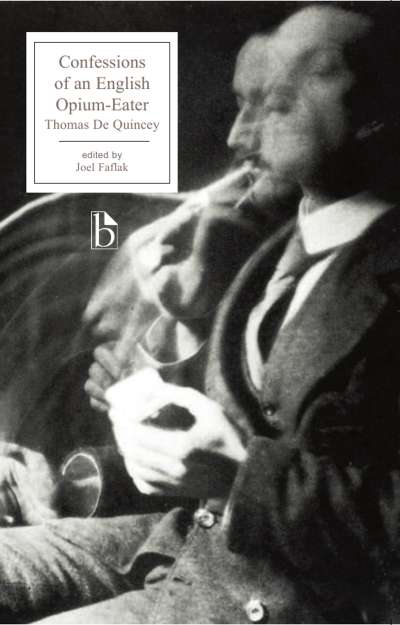
Confessions of an English Opium-Eater
Confessions of an English Opium-Eater remains its author’s most famous and frequently-read work and one of the period’s central statements about both the power and…
-
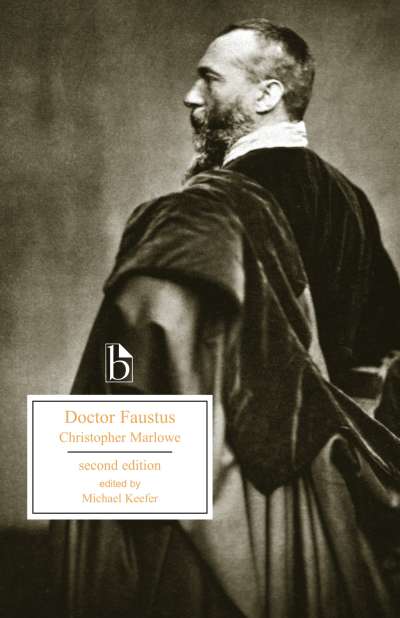
Doctor Faustus – Second Edition
Doctor Faustus is a classic; its imaginative boldness and vertiginous ironies have fascinated readers and playgoers alike. But the fact that this play exists in…
-
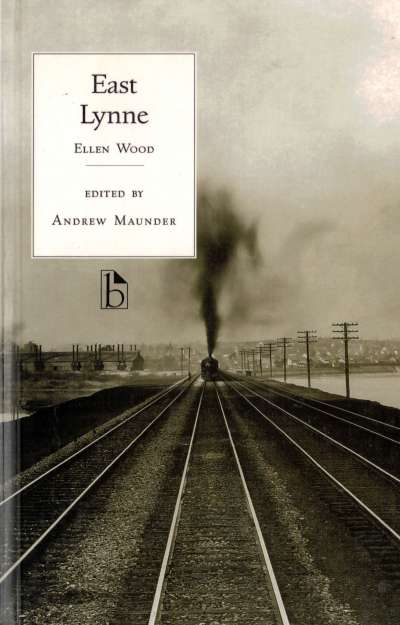
East Lynne
Lady Isabel Carlyle, a beautiful and refined young woman, leaves her hard-working but neglectful lawyer-husband and her infant children to elope with an aristocratic suitor.…
-
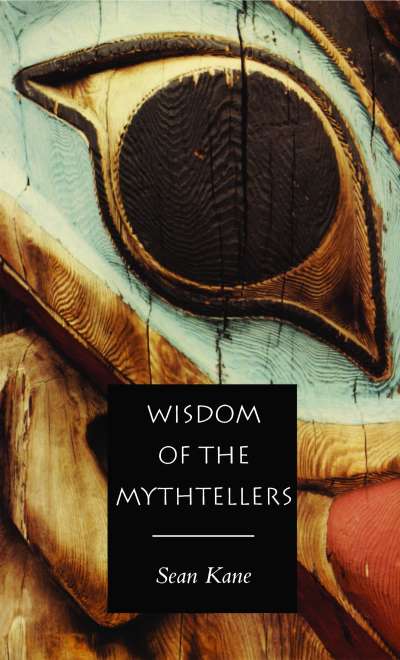
Wisdom of the Mythtellers – Second Edition
Mythtelling: the ideas and emotions of the Earth expressed through stories—stories distilled from millennia of treading warily in nature, rather than undertaking to rearrange her…
-

Valperga
Originally published in 1823, Valperga is probably Mary Shelley’s most neglected novel. Set in 14th-century Italy, it represents a merging of historical romance and the…
-
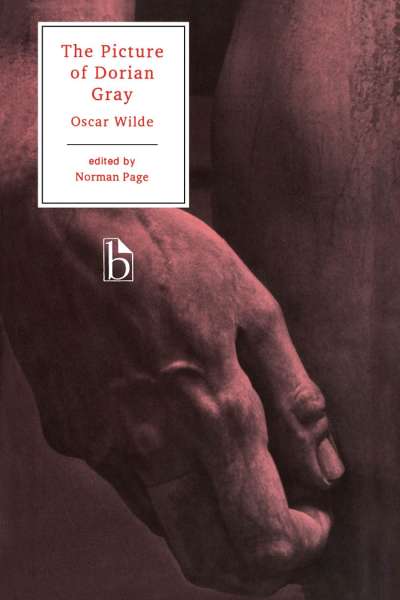
The Picture of Dorian Gray
In Oscar Wilde’s famous novel, Dorian Gray is tempted by Henry Wotton to sell his soul in order to hold on to beauty and youth.…
-
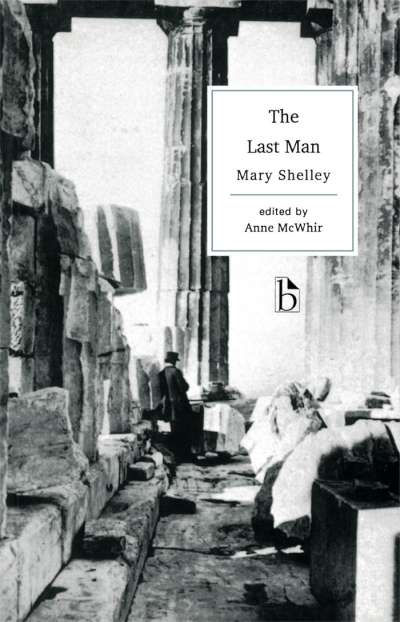
The Last Man
Mary Shelley’s third published novel, The Last Man, is a disillusioned vision of the end of civilization, set in the twenty-first century. The book offers…

